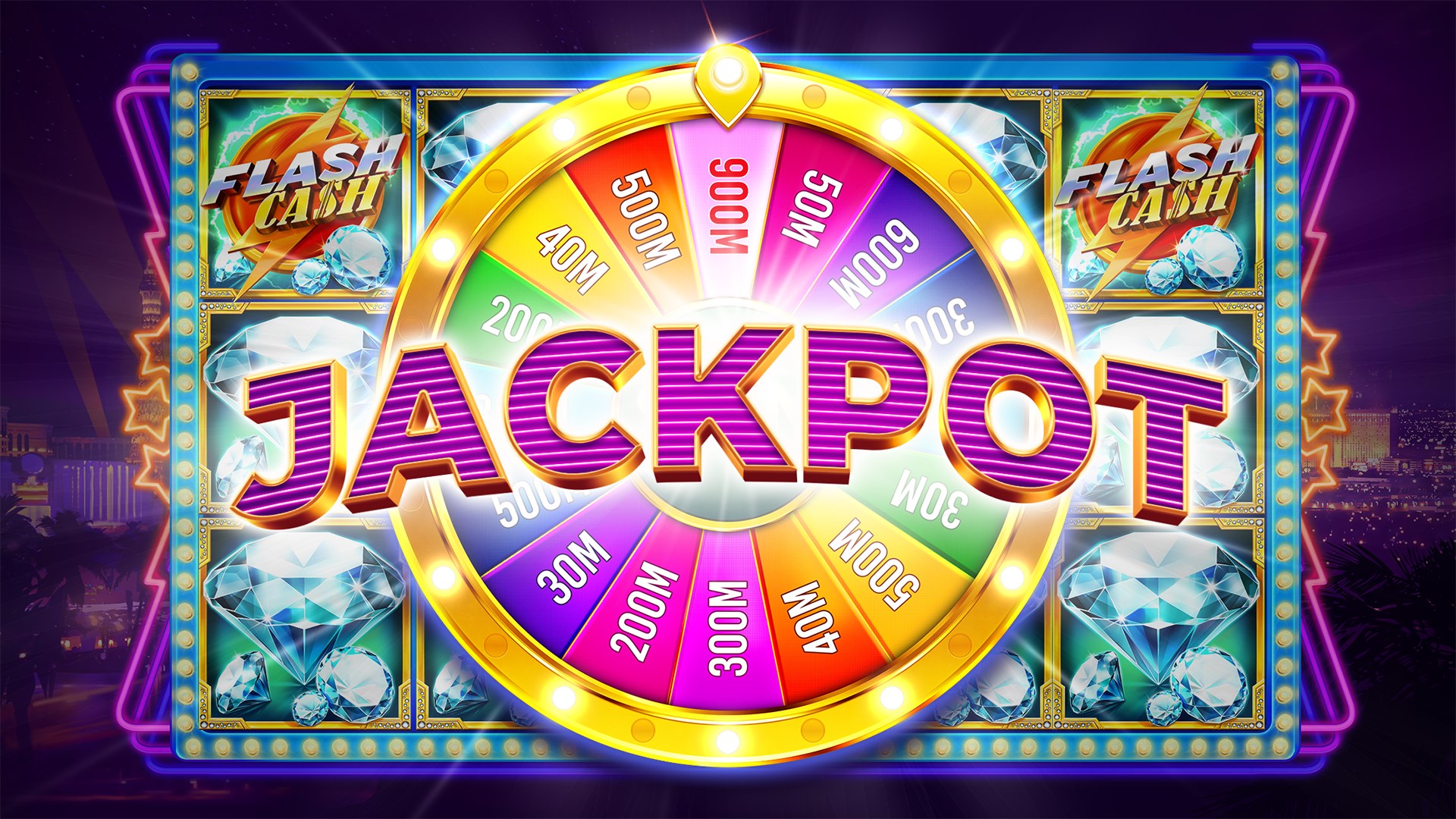Casino games have long been a fascinating source of amusement, drawing countless of players from diverse cultures around the globe. From the glitzy casinos of Las Vegas to the busy gambling halls of Macau, these games serve as a link that connects people across different backgrounds. The allure of chance, skill, and uncertainty entices not only those hoping to gamble for profit but also those looking for a sense of community.
The influence of casino games extends far beyond the gaming floor. They often represent the cultural standards and principles of the communities in which they thrive. Games such as Texas hold ’em, 21, and the spinning wheel have embedded themselves into the tapestry of mainstream culture, influencing multiple fields from films to fashion. As we explore this intriguing intersection of chance and society, we can better understand how these games shape and are shaped by the surrounding world.
Historical Evolution of Gaming Activities
The origins of gambling activities can be followed back to historical civilizations, where gambling in different forms was extensively practiced. In China, around 2300 B.C., a type of gambling known as Keno was well-known, while in historic Rome, soldiers would frequently wager on the outcomes of their contests. The notion of using chance for amusement and income developed over the ages, leading to the establishment of more structured games. By the final Middle Ages, gambling houses initiated to appear in European nations, especially in the Italian peninsula, which brought forth early forms of well-liked activities still practiced today.
As betting gained popularity in European regions, the 17th and 18th centuries saw the rise of gambling establishments as specialized establishments for gambling. The earliest official gambling house, the Ridotto, was founded in Venice in sixteen thirty-eight, offering activities like the game of Baccarat and Faro games. This time marked a crucial pivoting point, as gaming venues began to welcome not just the elite but also the growing middle-tier society. The sophistication of activities evolved, leading to the creation of new rules and variations that enriched the play experience.
In the 19th century, the industrial age and changes in social norms further changed the landscape of casino games. The launch of the game of roulette and new slot machines attracted a broader audience, and casinos became seen as legitimate entertainment. This era witnessed the worldwide proliferation of casino activities, as casinos spread from European nations to the New World, culminating in the creation of the legendary Strip of Las Vegas in the 1900s. The development of gambling activities has continued into the current era, incorporating modern technology and digital sites, allowing them open to a worldwide population.
### Cultural Significance within Various Communities
Casino games have deep-rooted cultural and social value across many communities throughout the planet. For instance, in Las Vegas, the very essence of the urban landscape is woven around gaming venues, where gaming is not just a hobby but a fundamental aspect of entertainment and community interaction. The vivid lights and dynamic atmosphere attract countless individuals, showcasing how games of chance can shape local economical structures and cultural uniqueness. This environment transforms the notion of relaxation into an immersive encounter that affects apparel, music, and even film.
On the other hand, some societies view betting with greater care, viewing it through the lens of morality and customs. A case in point, in various Asian communities, games like Mahjongg and Pai Gow Poker are full of history and carry significant social meanings. These games are often played during meetings and celebrations, fostering collective connections and reinforcing familial ties. The act of engaging in these games goes past mere leisure, reflecting values such as deference to seniors and the significance of communal fun. kèo nhà cái 5
Simultaneously, in Western countries such as the principality of Monaco and Rome, games of chance serve as symbols of luxury and sophistication. The elegant atmosphere of these locations attracts both tourists and native inhabitants, reinforcing a sense of distinction and rarity. The art of poker and the strategic features of games like baccarat are esteemed, molding community relationships and cultivating an attraction that fascinates a diverse audience. This underscores how games of chance can simultaneously mirror and influence cultural attitudes towards hazard, gain, and relationship building.
Economic Impact and Tourism
Casino games play a significant role in the economic landscape of many regions, particularly those that rely heavily on tourism. The revenue produced from gambling establishments fuels local financial systems, creating employment opportunities not only within the casinos but also but also in connected industries such as hospitality, restaurant services, and recreation. This influx of tourists, drawn by the allure of gambling and the overall casino experience, stimulates expenditure across multiple businesses, contributing to the economic vitality of the region.
The presence of casinos often leads to the construction of facilities, including lodging, public transit, and leisure amenities. These developments are essential in improving the overall visitor satisfaction, making destinations more appealing to tourists. Additionally, many casinos contribute in local communities through support of activities and charitable activities, further embedding themselves into the social fabric of the locality. Such contribution not only supports economic growth but also fosters a positive image of the gambling sector.
Moreover, the global popularity of casino games drives tourism competition, with locations vying to attract players from around the world. Iconic locations like Las Vegas and Macau have become synonymous with casino culture, drawing millions each year. This competitive edge encourages innovation and variety within the gaming industry, influencing trends in leisure and hospitality that resonate beyond their limits. The ripple effects of this visitor influx extend far, impacting local economies and cultural interactions on a worldwide scale.
